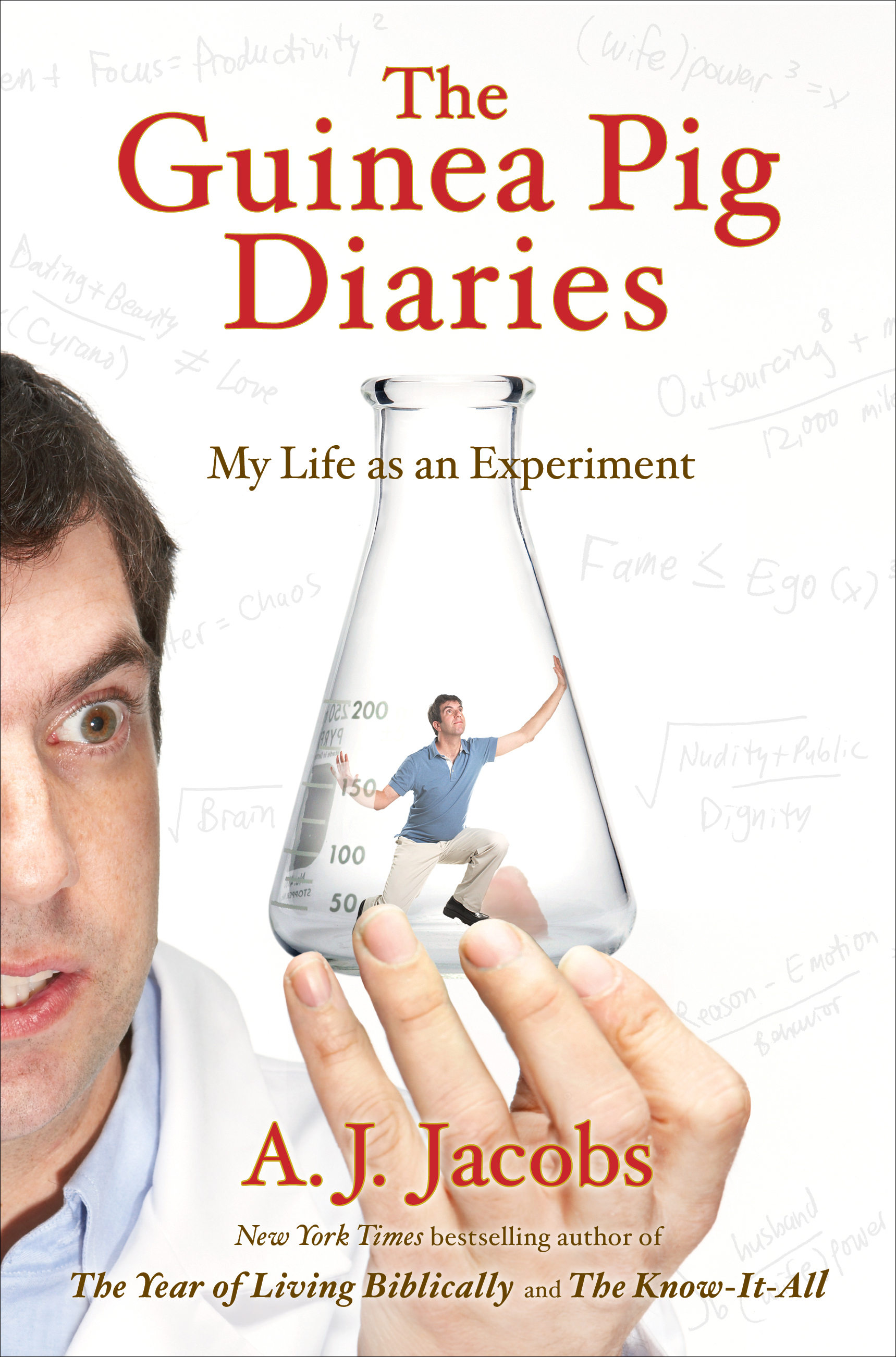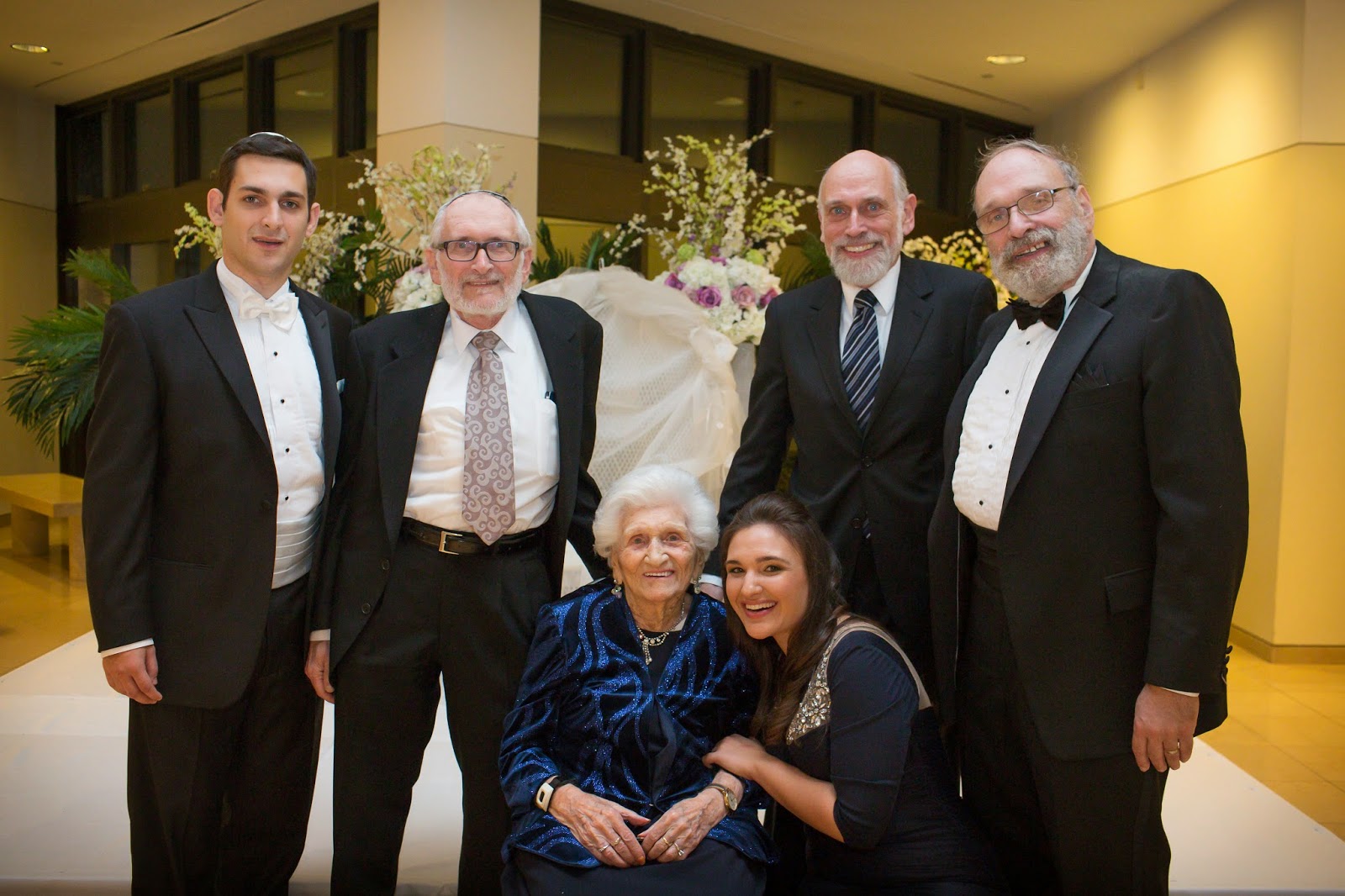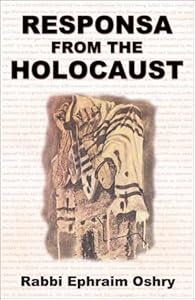When looking for Rabbinic internships last year, I was particularly interested in synagogues that would give me a different experience. Very quickly, I saw how Kesher Israel in Washington D.C. could become that unique place for me to grow. The people of Kesher are unique and eclectic; since most of the congregants are in Washington D.C. for their professions, no two people have the same story. Everyone was strong and resilient, but for different reasons.
Similarly, the Rabbi of Kesher Israel was unlike other Rabbis I’d grown to know. In some ways, I was excited to learn under a Rabbi that was radically different then the way I saw myself: an academic who was a leader from on high, unwavering in his convictions, and willing to speak out and do whatever he believed to be correct. Even while in the epicenter of politics, he didn`t play the game or care. I always saw myself as a small town Rabbi, who would end up in a place like Kansas City. D.C. was about as far away from that as possible.
I learned a different lesson from Rabbi Freundel than I had anticipated. Through my internship, I learned the importance of making people, specifically converts and women, comfortable in shul. In order to do so, Rabbi Freundel walked a tightrope between modern and Orthodox. Believing a woman could say Kaddish at a minyan as long as a man was saying it as well, Kesher always has a pre-designated man to say Kaddish just in case there was a woman there. While the Rabbi took a mental account of the men that were there, the Rebbetzin (Rabbi Freundel’s wife) took account of the women, because they were expected to be there as well. A special misheberach (prayer for the sick) is said for non-Jews because the converts that were praying wanted a place to specifically pray for their loved ones that were sick. When the news about the Rabbi broke I was shocked, not just because he was a mentor of mine, because it was also against everything he stood for.
I went back and reread this book to try and gain some understanding. I didn’t. The arguments he makes in this book are surprisingly vanilla. They are straightforward and well thought through, but it makes you understand how different things were ten years ago. Strong in his convictions, his positive influence on our community will be felt for a long time. Incredibly, Rabbi Freundel did so much good for the same people that he violated later on. I refuse to believe, as one article posed, that Rabbi Freundel is like Frank Underwood from House of Cards. Caring only about and his own power, Frank Underwood lies and manipulates people for his own glorification. Beyond being located in D.C., the analogy falls flat and is one I cannot even entertain. Instead, all I can imagine is a different protagonist from a different drama, Walter White from Breaking Bad. Over the course of years a high school teacher turns into a drug lord by taking one step at a time. White`s slow transition on the screen as each step takes him farther and farther away from those he cares about is not only fantastic television, but also displays the concept of aveira goreret aveira (one sin leads to the next) in a powerful way. I spoke with Rabbi Freundel about “practice dunking” and he told me its purpose was to make the converts feel more comfortable later on. The sincerity in his voice makes me sure that was its original purpose.
Every time Rabbi Freundel did something that I attended, he asked me to describe what I could learn from it. I see no reason why this should be any different.
1. Every single one of us is susceptible to very bad behavior. This doesn`t happen right away but after a long period of time lines can be crossed slowly until you are at a place you never expected to be. There is no wonder why Religious leaders only fall into these troubles after years and years in the Clergy. One doesn’t go into it ready to abuse power, but the power itself can slowly deteriorate your resolve.
2. There needs to be supervision in places where there is too much weighted power, both for the converts sake and the Rabbi`s sake. I hope this new committee will take this function for conversion, an HR of sorts, not to be a pain, but to stop people before they even get to lines they would never want to cross. This is not a distrust of Rabbis, but an understanding of human nature over a long period of time.
2. There needs to be supervision in places where there is too much weighted power, both for the converts sake and the Rabbi`s sake. I hope this new committee will take this function for conversion, an HR of sorts, not to be a pain, but to stop people before they even get to lines they would never want to cross. This is not a distrust of Rabbis, but an understanding of human nature over a long period of time.











